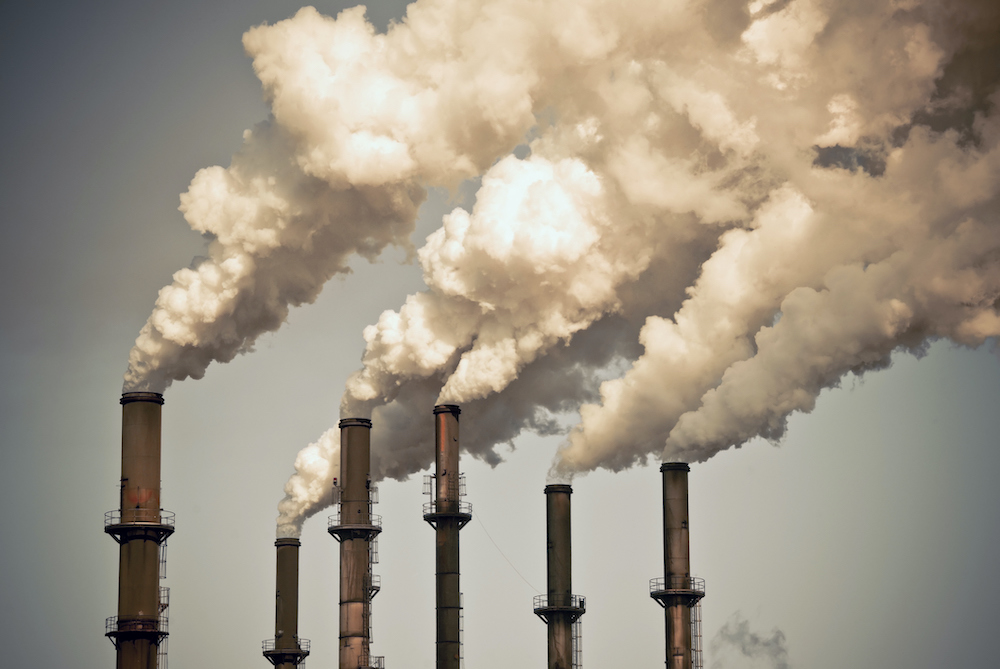- A Trump administration move to relax emissions standards alarms environmental groups, who see coronavirus-related effort as an invitation to pollute
- Carrie VanWinkle, a Socially Responsible Investment Advisor, says relaxed pollution rules makes shareholder advocacy a more important tool
- Environmental groups are asking the government to report to the public any utilities that move forward with relaxing their emissions output under the new modifications
The U.S. government, citing the coronavirus pandemic, is relaxing the enforcement of regulations for power plants and other utilities, leading to concerns that companies will see the action as an invitation to pollute.
Environmental groups warned that the move will set back gains that have been made in cutting emissions.
“This is an open license to pollute, pure and simple,” Gina McCarthy, president and CEO of the Natural Resources Defense Council, said in a statement. “We can all appreciate the need for additional caution and flexibility, but this brazen directive is an abdication of the EPA’s directive to protect our health.”
Citing coronavirus-related disruptions, the Environmental Protection Agency said the new enforcement discretion policy was retroactive to March 13.
The modified rules aren’t targeted to a specific industry — they can be applied to refineries, coal-fired or gas plants, or other regulated utilities. An operator of a power plant would have to show that any violations of water or air quality regulations is directly tied to staffing shortages or another disruption related to the coronavirus.
Carrie VanWinkle, a Socially Responsible Investment Advisor with Natural Investments, said the move toward relaxed pollution standards means that “shareholder advocacy tools” are particularly important now.
“When the government lowers the bar, shareholders and companies need to step in,” she said in an interview with Karma. “If there are particular utilities where shareholders can use their collective voice to pressure and advocate, that will play an important role.”
In the hazardous waste sector, the modification may make a difference. A facility typically is not allowed to store hazardous waste for longer than 90 days. But under the relaxed rules, the facility could be considered a disposal facility — and keep the waste onsite — if the material can’t be transported because of reasons related to the virus.
Environmental groups have asked the EPA to post online any agreements that are reached with regulated facilities to delay or reduce environmental requirements. They also want the EPA to share a “clear explanation” of how coronavirus made the decision necessary, and the steps facilities will take to reduce the impact.
“It is not clear why refineries, chemical plants, and other facilities that continue to operate and leave their employees on the production line will no longer have the staff or time they need to comply with environmental laws,” they wrote.
Also expected is a final rule that rolls back clean car standards slated for model 2021-2026 vehicles, a move that would be a “major setback in addressing climate change,” said Theresa Langer, a fellow with the American Council for an Energy-Efficient Economy. E&E News reported that the Trump administration is seeking a 1.5% nominal annual increase in fuel efficiency, much less than the 5% annual increase that was scheduled to take effect.
ACEEE estimates that this action would increase U.S. fuel consumption by 11.7 billion gallons per year, which amounts to adding almost 29 million cars to the roads.






















